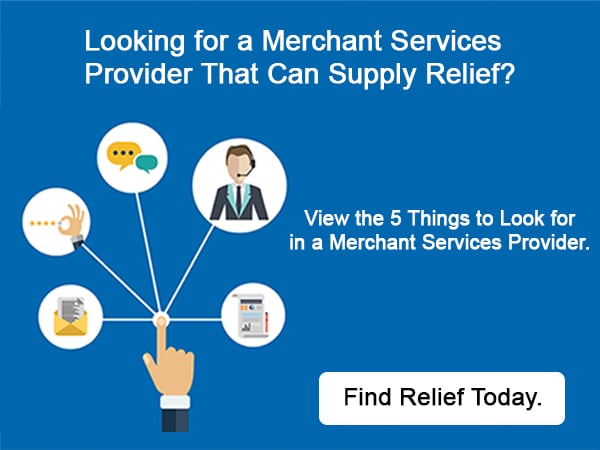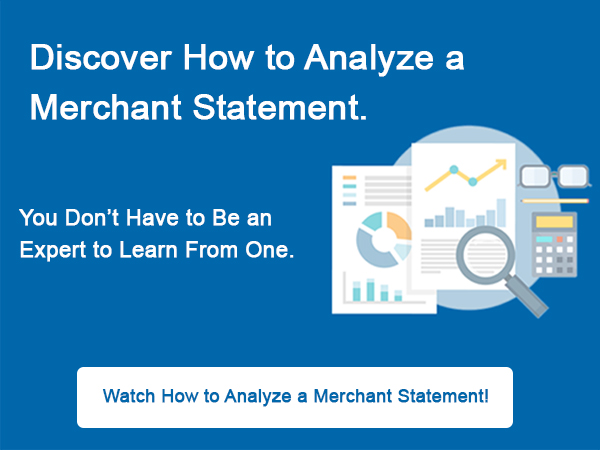 In just the past few years, the U.S. digital economy has generated seismic waves throughout the payments landscape. E-commerce activity now thrives due to market forces, including the popularity of Amazon, the improving ease of electronic payment, and the ubiquity of the smartphone.
In just the past few years, the U.S. digital economy has generated seismic waves throughout the payments landscape. E-commerce activity now thrives due to market forces, including the popularity of Amazon, the improving ease of electronic payment, and the ubiquity of the smartphone.
Both old and new providers of technology to facilitate electronic payments are competing and collaborating. Established payments vendors, including the merchant acquirers, payments processors, card networks, and card issuers, are adapting to digital commerce—the new normal. In addition, new payments industry participants have emerged that are focused on enabling digital commerce. Among these are gateways, financial technology (fintech) companies, alternative payment providers, and value-added resellers (VARs).
The resulting payments ecosystem is complex. Rapidly evolving technology combined with disruptive influences have facilitated the exponential rise of U.S. digital commerce. Many applications and systems designed to enable digital commerce have been launched in just the past three years. In this research brief, attention is given to the stakeholders on the front lines of the e-commerce action. Merchants and their customers drive the demand for online and mobile transactions. Online merchants fueled the rapid rise of e-commerce, catching “brick-andmortar” retailers by surprise and leading to the demise of many. Highlighted here are some merchants who have succeeded on both the digital and the physical sides of e-commerce and the reasons for their success. Not to be omitted from the discussion are consumers, whose digital wallets and smartphone apps payment vendors are fighting over. This paper features recent consumer research by Mercator Advisory Group that provides insight into U.S. adults’ mobile payments use and preferences.
What the U.S. government has traditionally called “e-commerce” has expanded greatly, and so new definitions are required. Mercator Advisory Group uses the term “digital commerce” to denote all transactions performed over the internet. The term covers a large variety of solutions utilized to purchase goods or services. These include interactive voice response (IVR) systems used by call centers, chat bots, and voice recognition as well as traditional web, mobile web, mobile apps, person-to-person (P2P) payment solutions, and remote payments made on the behalf of the consumer by “internet of things” devices such as cars and appliances. The majority of digital commerce is conducted over the branded payment networks such as Discover, MasterCard, and Visa, but this definition and Mercator’s market forecast also includes transactions made using closed-loop prepaid cards. Download the entire white paper.
[Content provided by our partners at Discover Network]









 Facebook
Facebook Twitter
Twitter LinkedIn
LinkedIn Youtube
Youtube Glassdoor
Glassdoor